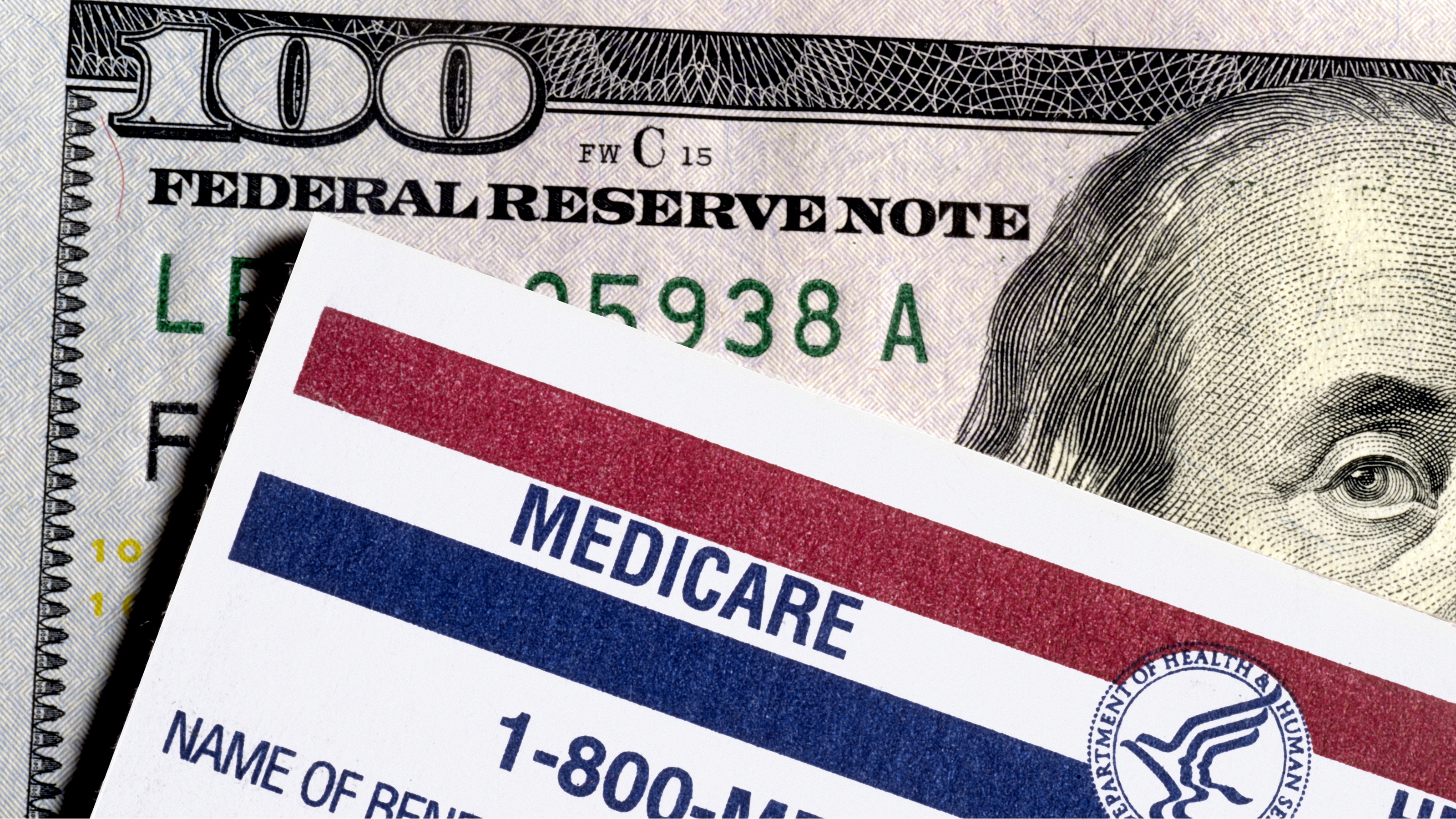The 4 Phases of Retirement
Retirement means more than no longer working 9 to 5. There are four phases of retirement, and you should be prepared for each one.


What comes to your mind when you hear the word “retirement”? Do you think of traveling the world or hosting a family game night with the grandkids? Are you picturing dinners at deluxe restaurants or around the kitchen table?
Retirement can span decades, and it changes as you age. Everyone’s retirement will look different, but most people have four distinct phases of retirement. Understanding and properly planning for these stages is key to accomplishing a dream retirement.

Phase 1: Pre-retirement
The first phase of retirement actually starts about a decade before you stop working. While you should start saving for retirement on the first day of your first job, you’ll mostly be setting aside money and letting it grow. Once you are in your 50s, you enter the pre-retirement phase and should start actively planning for your retirement.
Start with your goals and determine what you want your golden years to look like. Talk it over with your spouse, if you’re married. By having an end goal in mind, you’ll have a better idea of how much you need to save in your nest egg. It sounds simple, but many people miss this step. In fact, a recent survey shows more than one-third of Americans say they have “no idea” how much they need to save for retirement.
Saving is important, but it isn’t enough to get you out of the pre-retirement phase. You need a plan that includes income strategies for when you enter retirement. Since you’ll no longer be receiving a paycheck, you’ll need to replace your income in other ways, such as investments, Social Security, pensions or annuities. It can be overwhelming to manage your finances on your own, especially when you are approaching retirement. Working with a financial adviser who understands the transition to retirement can put your mind at ease.

Phase 2: The Early Years
Expenses are typically the highest in the early years of retirement, because your mind and body are feeling good. There’s excitement about trying new things and plenty of free time without a full-time job. Travel, entertainment and hobbies can eat up a big portion of your savings, so you’ll need to create a plan to make sure spending doesn’t get out of control.
The early years of retirement are a great time to consider a part-time job. Many people find it jarring to transition overnight from working full-time to not at all, and they enjoy doing something meaningful to pass the time. Financially, a part-time job can provide enough income that you may be able to delay claiming Social Security benefits or tapping into your retirement savings.
This is also the time to consider your living arrangements. About 40% of retirees move after they stop working. Some empty nesters downsize to a smaller home. Many retirees choose to move for other reasons, including being closer to family or enjoying a warmer climate.

Phase 3: Middle Retirement
Middle retirement is often the least expensive phase. About 10 years into retirement, spending settles down as retirees travel less and stay home more. However, health care expenses start to rise during this time as you start needing more medical appointments. You may also face additional medical expenses, including equipment and updates to your home to make it more accessible.
Estate planning is also an important step in the middle years of retirement. If you created a will when your children were younger, you’ll want to revisit it to make sure it still reflects your wishes. It’s likely that your family dynamics have changed, with births, deaths, marriages or divorces. Once you hit middle retirement, keeping your estate plan up to date becomes more important than ever.

Phase 4: The Later Years
Health care is a major expense in the later years of retirement. According to Fidelity, the average 65-year-old couple should plan to spend $300,000 on health care throughout their retirement. The majority of those costs can occur in the later years. Consider long-term care insurance in your earlier years, which will cover expenses like nursing homes, assisted living and home care services.
Although each phase is different, at least one thing remains the same: the importance of monitoring and evaluating your finances. A financial plan cannot be created and forgotten. Retirees should assess their situation often, consult with their financial adviser and make adjustments from pre-retirement through their later years.
Profit and prosper with the best of Kiplinger's advice on investing, taxes, retirement, personal finance and much more. Delivered daily. Enter your email in the box and click Sign Me Up.

Tony Drake is a CERTIFIED FINANCIAL PLANNER™ and the founder and CEO of Drake & Associates in Waukesha, Wis. Tony is an Investment Adviser Representative and has helped clients prepare for retirement for more than a decade. He hosts The Retirement Ready Radio Show on WTMJ Radio each week and is featured regularly on TV stations in Milwaukee. Tony is passionate about building strong relationships with his clients so he can help them build a strong plan for their retirement.
-
 Higher Summer Costs: Tariffs Fuel Inflation in June
Higher Summer Costs: Tariffs Fuel Inflation in JuneTariffs Your summer holiday just got more expensive, and tariffs are partially to blame, economists say.
-
 Don’t Miss Alabama Tax-Free Weekend 2025
Don’t Miss Alabama Tax-Free Weekend 2025Tax Holiday Ready to save? Here’s everything you need to know about the 2025 back-to-school Alabama sales tax holiday.
-
 New SALT Cap Deduction: Unlock Massive Tax Savings with Non-Grantor Trusts
New SALT Cap Deduction: Unlock Massive Tax Savings with Non-Grantor TrustsThe One Big Beautiful Bill Act's increase of the state and local tax (SALT) deduction cap creates an opportunity to use multiple non-grantor trusts to maximize deductions and enhance estate planning.
-
 Know Your ABDs? A Beginner's Guide to Medicare Basics
Know Your ABDs? A Beginner's Guide to Medicare BasicsMedicare is an alphabet soup — and the rules can be just as confusing as the terminology. Conquer the system with this beginner's guide to Parts A, B and D.
-
 I'm an Investment Adviser: Why Playing Defense Can Win the Investing Game
I'm an Investment Adviser: Why Playing Defense Can Win the Investing GameChasing large returns through gold and other alternative investments might be thrilling, but playing defensive 'small ball' with your investments can be a winning formula.
-
 Five Big Beautiful Bill Changes and How Wealthy Retirees Can Benefit
Five Big Beautiful Bill Changes and How Wealthy Retirees Can BenefitHere's how wealthy retirees can plan for the changes in the new tax legislation, including what it means for tax rates, the SALT cap, charitable giving, estate taxes and other deductions and credits.
-
 Portfolio Manager Busts Five Myths About International Investing
Portfolio Manager Busts Five Myths About International InvestingThese common misconceptions lead many investors to overlook international markets, but embracing global diversification can enhance portfolio resilience and unlock long-term growth.
-
 I'm a Financial Planner: Here Are Five Smart Moves for DIY Investors
I'm a Financial Planner: Here Are Five Smart Moves for DIY InvestorsYou'll go further as a DIY investor with a solid game plan. Here are five tips to help you put together a strategy you can rely on over the years to come.
-
 Neglecting Car Maintenance Could Cost You More Than a Repair, Especially in the Summer
Neglecting Car Maintenance Could Cost You More Than a Repair, Especially in the SummerWorn, underinflated tires and other degraded car parts can fail in extreme heat, causing accidents. If your employer is ignoring needed repairs on company cars, there's something employees can do.
-
 'Drivers License': A Wealth Strategist Helps Gen Z Hit the Road
'Drivers License': A Wealth Strategist Helps Gen Z Hit the RoadFrom student loan debt to a changing job market, this generation has some potholes to navigate. But with those challenges come opportunities.
